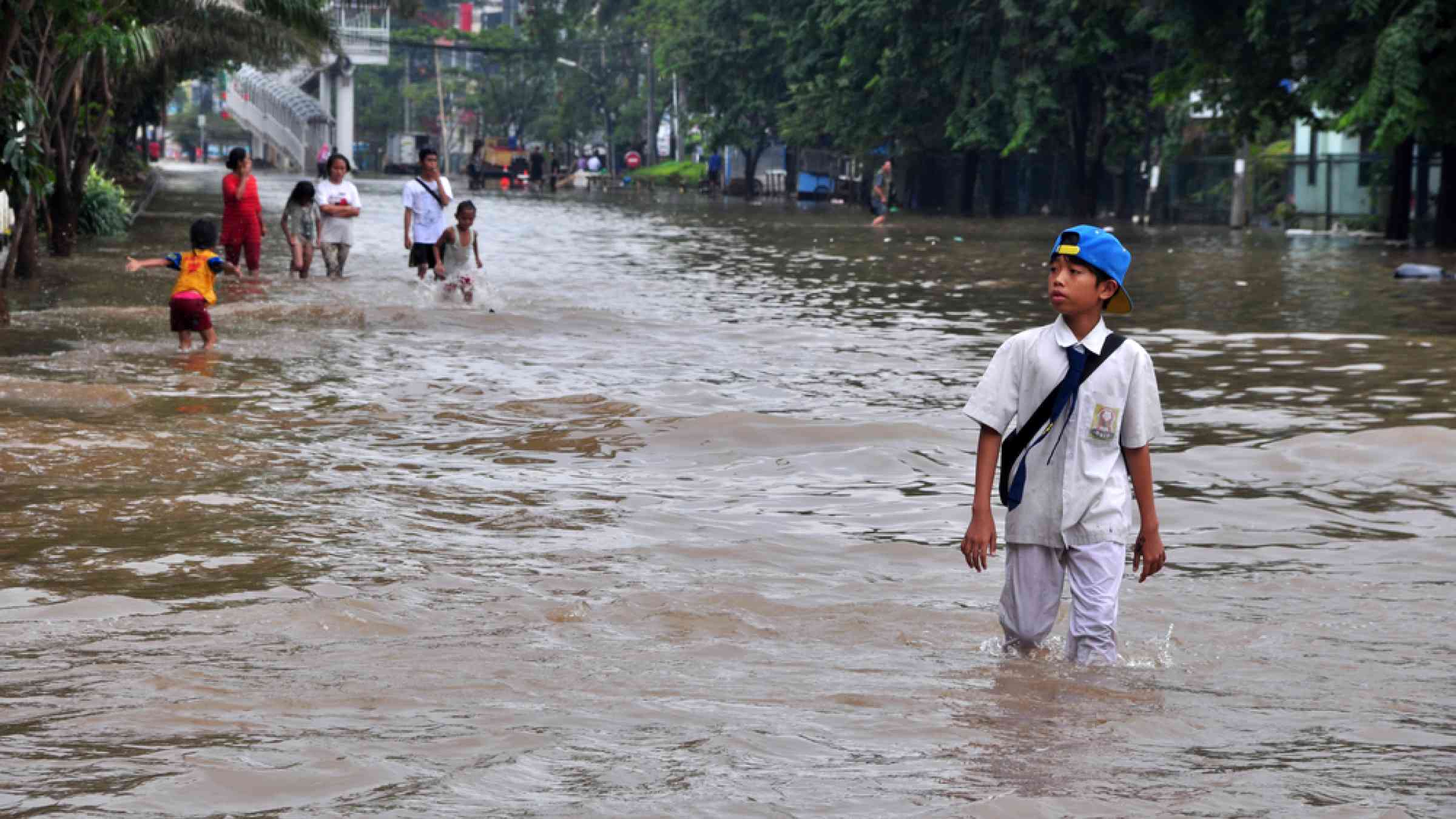Sub-session of Early Warnings for All Multi-Stakeholder Forum for Europe and Central Asia: Economic and Cascading Impacts of Disasters
The world is witnessing more frequent and devastating disasters, resulting in significant casualties, loss of lives and livelihoods as well as wider economic losses including critical infrastructure. Throughout the past decade, the impacts of disasters have been felt across the globe. At the start of July 2023, the world experienced its hottest week on record. Unprecedented heatwaves affected Europe during the summer of 2022 paired with exceptionally dry conditions in some areas. Excess deaths associated with the heat in Europe exceeded 15,000 in total across France, Germany, Portugal, Spain and the United Kingdom. The events of 2022 followed a series of extreme events in 2021 such as extreme heat in Central Europe and the Mediterranean and severe flooding in Western Europe (mid-July 2021). In Central Asia as well, heavy rains and melting glaciers cause landslides and mudflows, damaging infrastructure and roads, disrupting farming and agriculture, threatening clean water supplies and leading to loss of lives. Increased temperatures and prolonged droughts are also impacting food security and public health, making life harder and less stable for people in the region.
These disasters form part of a worrying trend that is set to continue. Not only is the number of disasters likely to increase because of climate change, but climate change is also expected to “increase the difficulty, uncertainty, and complexity of emergency response efforts worldwide”. The evidence and data could not be clearer: the frequency and severity of disasters are increasing, and human and economic losses persist or worsen. The global community needs to act in concord to reverse this trend of enduring disaster losses and burden. There is also a growing need to address concurrent, cascading and compounded events, to understand the interrelationship, preparedness and responses needed by the various agencies.
The objectives of the session will be to:
- Set the context of economic losses and cascading impacts of disasters being experienced in the ECA region.
- Reiterate the need for safeguarding development progress already made by ensuring timely early warnings.
- Explore the feasibility of adopting low-tech, affordable early warning systems at the local level.
- Discuss the possibilities of pre-positioning material, finances and capacities to enhance the effectiveness of early warnings.
List of speakers:
- Ms Ioana Creitaru, Programme Specialist, Early Warning & Preparedness, Disaster Risk Reduction & Recovery for Building Resilience Team, UNDP Crisis Bureau (moderator)
- Ms Nune Sarukhanyan, President, Green Lane
- Mr Tim Jenkins, Climate and Clean Air Advocate, People in Need
- Mr Sergio Perez, Program Officer at Climate, DRR and Environment Section, Swiss Agency for Development and Cooperation, Federal Department of Foreign Affairs, Switzerland
- Mr Serik Aubakirov, Director, Center for Emergency Situations and Disaster Risk Reduction, Government of Kazakhstan

Agenda
Location
Hotel Splendid